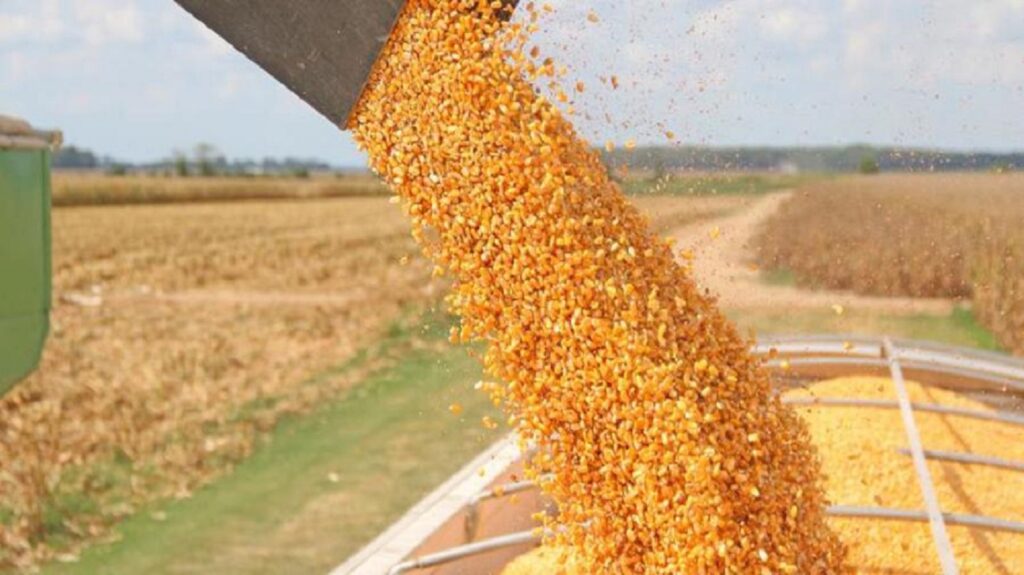Zimbabwe's potential to become the bread basket of Africa again may be possible. The country still possesses fertile soils and a favourable climate, and with the right support, the agricultural sector can be revitalized to once again become a major contributor to the country's economy, providing food security for the nation and for Southern Africa.
[elementor-template id="94265"]











